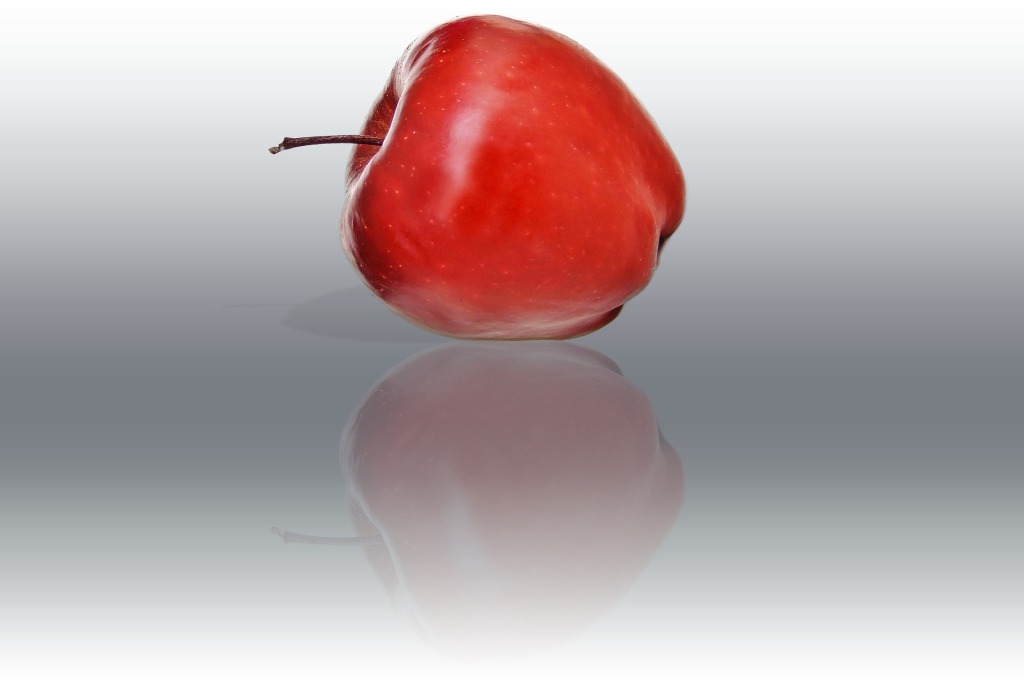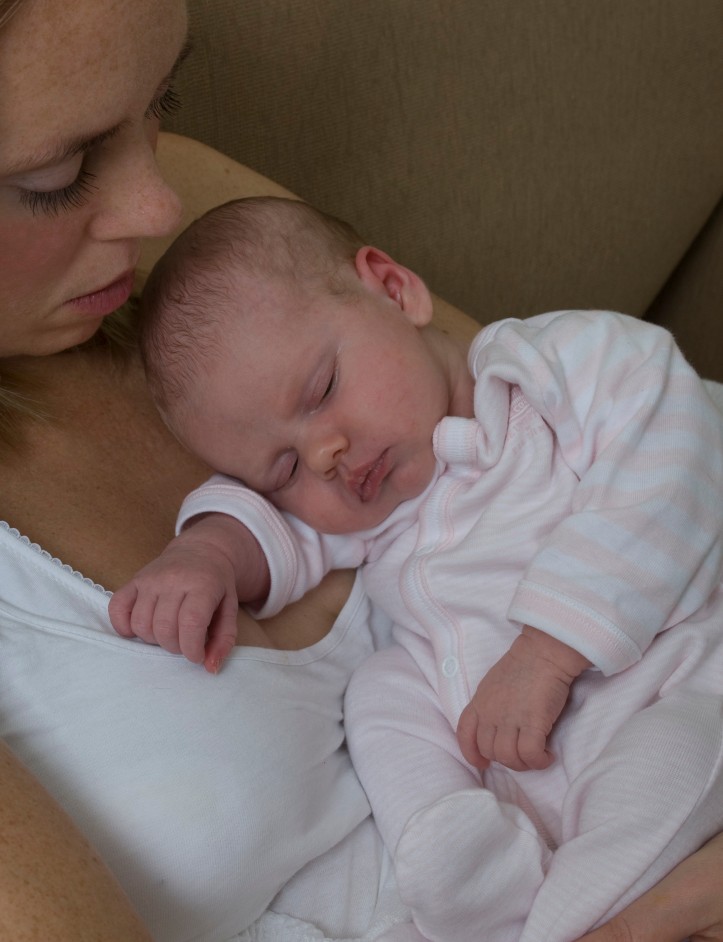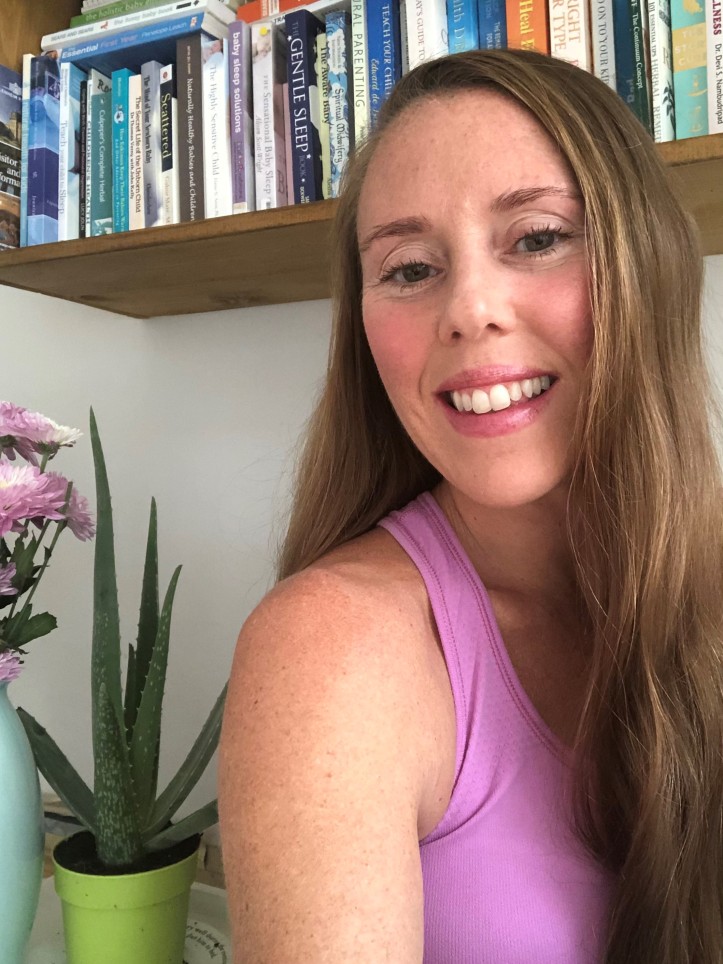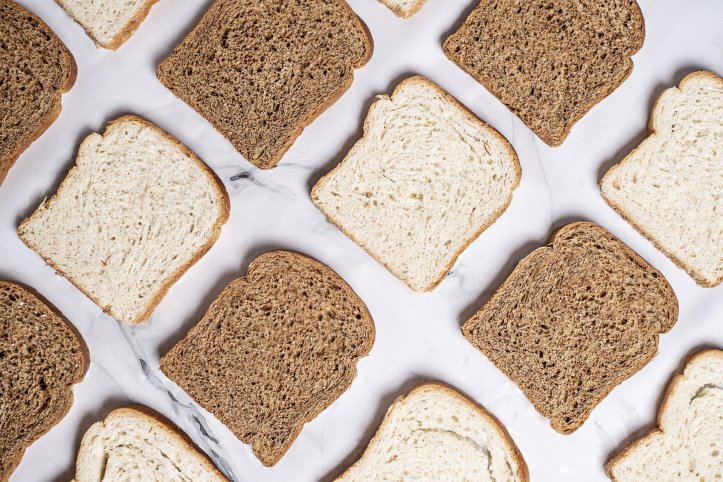As a Therapist specialising in kids with allergies, eczema is one of the most bothersome complaints I see. And as mum of child that suffered with eczema, I am very aware of the agony it causes.
From a mild slightly annoying tickle to an entire body being affected, covered it bright red excruciatingly dry itchy scaly skin that devastates and debilitates a person’s social, work and emotional life.

A child suffering with severe eczema is a sorry sight.
Parents often feel helpless as their baby claws at their face or a child wriggles and squirms to relieve their frustration.
Eczema, affects 1 in 5 children and 1 in 12 adults in the UK, and is one of the most common reasons for a trip to the GP.
Seeing your GP (someone like our Dr Luke), will get you some good advice on keeping the skin moisturised and possibly a steroid cream to help keep on top of the inflammation.
Steroids
Steroid creams are excellent at reducing the redness and itching that eczema brings, but your GP will offer a warning.
Repeated use can cause the skin to thin and scar. Whilst overuse can result in a tolerance to the drug developing.
This tends to make the user increase the dose, which in turn increases the tolerance. There fore, it’s vital they are….
Used sparingly, and infrequently
Certainly, there are times when you want to relieve the itch of eczema with a steroid cream, for example, when there’s a bad or stubborn flair. This can help to break the cycle of inflammation and get the skin to start healing.
But relying on steroids alone will not fix the underlying cause, which is usually related to allergy or intolerance.

You see, the skin is barometer for what is going on inside the body.
In other words, our skin is a reflection of our health and a good indicator that something needs to be done to improve it.
Listening to these signs and signals our body offers is the first step towards better health.
My Story
I learned this the hard way 30 years ago when I suffered with terrible acne.
I had many courses of antibiotics, and topical creams that caused my skin to peel, but nothing worked until I looked inside.
I wish I’d known what I now know!
I would’ve saved myself a battle with obesity and low self esteem.
But hey, what doesn’t kill us certainly makes us stronger and I’ve gained a lot of wisdom from my struggles.
Now in my mid 40’s I feel better than I did at 15. (More on my acne cure here soon)
When I became a mum

As you can imagine, when I became a mum, I was determined that I would not let my children suffer with terrible skin the way that I’d witnessed myself and others.
With Atopy (the allergic triad – eczema, asthma, hayfever) in the family, it became my mission to provide my children with the foundation of health and a strong vital body so that they would be given the best possible chance of a beautiful healthy complexion.
I did all the right things.
I breastfed for well over a year.
I avoided dairy, which was easy because I’d already found out I was intolerant in my teens as part of my acne cure.
I took a probiotic supplement before their birth to give them the best possibility of a healthy immune system.
When I weaned them, we also avoided cow’s dairy, only including natural live probiotic goat milk yoghurt.
So far so good.
Then, when my daughter was two years old, we had a short spell in Uganda for my husband’s research on baby vaccines.

As I discuss in this post – 5 ways to better bowel flora – our daughter caught giardia, a parasitic worm that infects the gut.
Her digestion was compromised, and she had to take hard core antibiotics.
Knowing the score, we followed up with a gut healing protocol.
All okay.
Then returning to the UK she started nursery school.
A few months in and she developed eczema on the backs or her legs and in the creases of her arms.
We asked the nursery to avoid giving her dairy and the eczema disappeared.
But as the years went on and she progressed to big school her diet choices began to slip.
Even though at school she was dairy free, there’d be more than a few occasions when she’d eat it…like a play date, a birthday party, on holiday or an ice cream van at the park.
As a parent, I know how hard it is to keep saying ‘NO’ all the time when friends around are indulging.
We battled on like this for a few years.
Mostly through Winter she was clear, then in the summer there would be a flair up.
We realised that dairy aggravated it, but also sweat, cleaning products on plastic school chairs or and sitting on grass brought it up.
I would give her a towel to take to school to sit on, which did help. We also used a natural barrier cream to minimise contact.
However, being overly vigilant all the time did wear us down.
Then at the beginning of the year I decided we needed to fix this for once and all.
Being a Nutritional Therapist, I knew what to do.
In fact, I’d advised it many times. But because her eczema was so mild and under control, we hadn’t taken the leap.
For three months, we followed the GAPS protocol.
A diet that is designed to health the gut.
It consists of bone broth and fermented foods alongside protein and specific carbohydrates that are easy to digest.
She was extremely dedicated and compliant.
Being at school was tricky, but because she was a little older, she was able to follow my advice very conscientiously. Not perfectly, but enough to make a significant difference.
Then in April we went into lockdown.
As you know, we were all at home for many weeks to months. We carried on with our healthy eating, which was simpler to do without the outside temptations.
When the warm weather in June hit, we relaxed a little and tested the water.

This year she has been completely eczema free!
Even with a far from perfect diet – she’s remained clear.
I’m not suggesting that she’s now drinking cow’s milk and eating cow’s cheese every day. I believe that daily cow’s milk isn’t healthy anyway. (More on why I believe this here).
And it’s certainly not how we eat at home.
It simply means we don’t have to worry when we’re out and about or socialising.
What a relief.
So, as you can see, there’s more to eczema than simply applying steroids, or avoiding certain foods.
To really get to the root of the disease and find the ultimate cure we need to look at the gut and do the necessary healing.
This is the case for all kinds of skin problems.
Although conditions such as eczema tend to have a genetic link, you don’t have to be a slave to your genes. There’s always something you can do to help prevent eczema from occurring in the first place or lessen its impact if it does later appear.
In the long term, this not only benefits the skin, but the whole of the body!
So here it is…
My Ultimate Eczema Cure Checklist:
1. Diet
Let’s start with the basics. The nutritional status of your child to play a role in their overall health including the health of their skin.
At times, both my children have been fussy eaters, refusing many foods that I offer. Instead of getting into a battle at every mealtime I give them both a multi-vitamin (more on that here).
Cook from scratch.
Avoid processed, packaged foods and sweeteners.
This includes supermarket bread, cereals, biscuits and cake (known as the beige diet – more on that here).
Know every ingredient that you feed to your children.
Look at intolerances
Children with severe eczema often have a food allergy or intolerance as a trigger factor.
In my many years of experience, the most common foods which trigger eczema include: cow’s milk, wheat (gluten), eggs and soy.
I regularly see children with eczema that eat like this…..
Breakfast – toast (gluten) with butter (diary) or Cheerio’s plus milk (dairy) What should kids eat for breakfast???
Snack – crackers (gluten) and fruit
Lunch – cream cheese sandwich ( dairy & gluten), pasta and cheese (gluten & dairy). Jacket potato beans and cheese (dairy). Breaded fish or chicken (gluten), Pizza (gluten) plus cheese (dairy).
Snack – biscuits / cake (gluten / dairy)
Dinner – Spaghetti (gluten) bolognaise with cheese (dairy)
A study funded by the Food Standards Agency, Medical Research Council, and the National Institute for Health Research (NIHR), found that infants with eczema, are over six times more likely than healthy infants to be sensitised to a variety of foods.
They observed that the more severe the eczema, the stronger the correlation to food sensitivity, independent of genetic factors.
Allergy testing can be done, but isn’t always accurate enough to detect intolerances.
Sometimes the only way to discover what’s bothering your child is through an elimination diet where you cut certain foods out for a period of time before re-introducing them.
If you’re considering this, I would recommend consulting a qualified Nutritional Therapist.
2. External Irritants
Including, washing powders, bedding, towels, plastic chairs, cleaning products, fake and real grass and the chemicals put on them – plus many many more.
This part can be hard for many children.
These substances can come from anywhere and even the smallest amounts can be absorbed through the skin, irritating and overloading their tiny bodies.
So, it’s important to stop exposure to chemicals where possible.

Detergents : I wash my clothes in soap nuts and sodium bicarbonate.
House cleaning: White vinegar and sodium bicarbonate are excellent house and toilet cleaners too.
Skin care products : Choose natural and unscented eczema friendly ones. Use them sparingly, and minimally. Get used to reading labels.
Natural ones : even better, make you’re own using single ingredients. Colloidal oats and calendula flowers make a soothing bath. Colloidal silver heals open suppurating wounds.
I love my live Aloe Vera plant. Its gel is soothing on any type of skin condition.
3. Breastfeeding, Antibiotics and Gut Flora
Breastfeeding has been scientifically proven to reduce the incidence of eczema.
If there is a family history of allergic conditions and atopy, breastfeeding exclusively for at least 4 months has been shown to help. This is particularly true when the nursing mother also avoids cow’s milk.
So, if your child still develops eczema despite being exclusively breastfed you may need to look at your own diet.
If for whatever reason breastfeeding isn’t possible and eczema does appear you may wish to consult your doctor about a hypoallergenic milk formula but do stay clear of Soy based ones as they are often just as bad.
If your child is beyond that age of infant feeding – consider their gut flora and history of Antibiotic use.
Antibiotics are often given routinely to mother and baby at birth. These wipe clean the good bacteria in the gut leaving it defenceless.
Follow up with a probiotic
It is valuable to your child’s health and wellbeing to replace these beneficial bacteria in order to preserve the immune system and help prevent or lessen the impact of eczema.
Various research studies of mothers who took probiotics when pregnant and continued when breast feeding showed increase protection against atopic eczema in the first and second years of their child’s life.
If your child has been given antibiotics at birth or following an infection, you may wish to consider replacing their good bacteria with a quality supplement such as OptiBac or Biocare Baby Infantis powder. OR simply supporting their gut 5 Easy Ways to Better Gut Health
4. Essential Fatty Acids
Essential fats, omega 3 & 6 found in fish, nuts and seeds, are labelled essential for a reason; we need them to be healthy.
The health of the skin is no different.
Studies show that people with eczema have a block in the breakdown of fatty acids that distorts some markers of inflammation.
Supplementing with a good fish oil such as Eskimo Omega Kids (for over 1’s), or Nordic Naturals Baby DHA (for over 6 months) may help.
If breastfeeding, take an Omega supplement yourself to make sure your milk is rich in healthy essential fatty acids for your baby.
Read more on the health benefits of fish oils and how to get your child to eat more fish here soon.
Please note, that essential fats alone won’t cure eczema, but they will help reduce the itchy inflammation.
5. Hydration

Healthy skin is hydrated skin.
Offer your child water water and more water.
Plus some herbal teas.
Calendula and chamomile are good for kids with eczema.
Cow’s milk does not count as a fluid, and will aggravate most types of eczema anyway.
6. Gut Healing
Finally, when the time is right, consider following a gut healing protocol.
Eczema that is persistent and/or accompanied by other chronic conditions – e.g. asthma, hay fever, chronic ear infections, constipation or IBS, responds well to a gut healing protocol like the GAPS or Specific Carbohydrate diet.
Look into these with the help of a qualified Nutritional Therapist.
Does your child suffer with eczema? Have you found anything that helps? Did you find this interesting? Please leave comments below.
Thanks for reading.


You and your daughter are super cute!
LikeLike
Ahh thanks, that’s really kind of you.
LikeLike
Hey Caroline, just wanted to say, this is such a detailed post. Thanks so much for all the info. Great to have it all in one place and also your own experience. Keep writing!
LikeLike
It’s a pleasure. Thanks for taking the time to read and post a comment. Really appreciated!
LikeLike